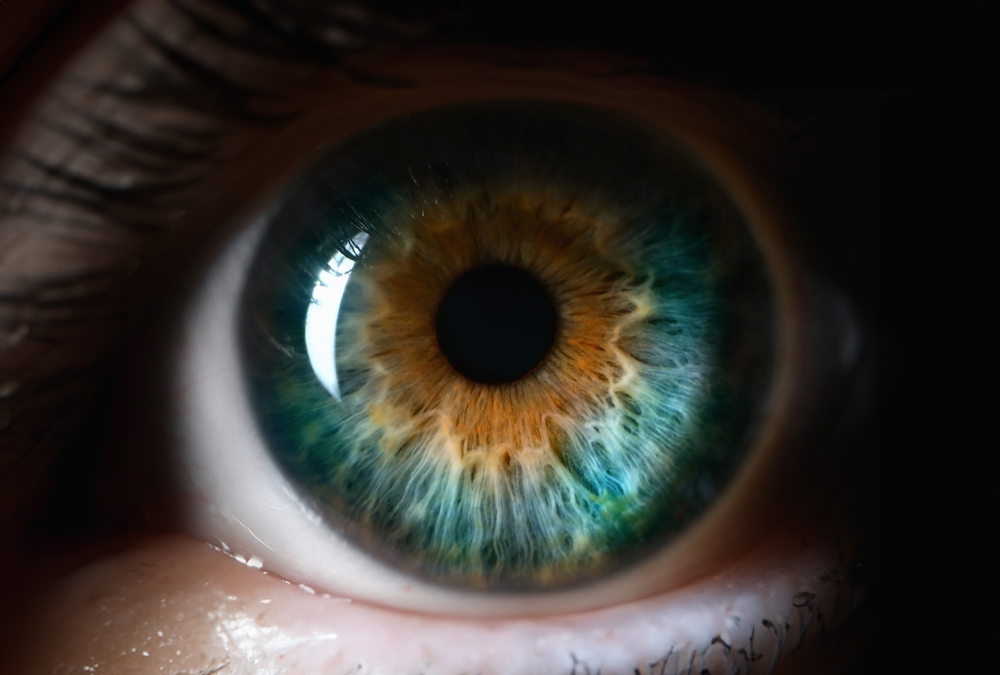
Most people think of eye exams as a way to update their prescription or check for common vision problems like nearsightedness or astigmatism. But the truth is, your eyes are one of the best indicators of your overall health. A comprehensive eye exam doesn’t just help you see clearly—it can also uncover hidden health concerns before symptoms even appear.
The Link Between Your Eyes and Your Health
Your eyes contain delicate blood vessels, nerves, and tissues that reflect what's happening in the rest of your body. During an eye exam, our optometrist can detect early signs of systemic diseases, sometimes before a primary care physician does. Here are some key health conditions that can be spotted during a routine eye check-up.
Diabetes
One of the earliest signs of diabetes is damage to the tiny blood vessels in the retina, known as diabetic retinopathy. Many people don’t realize they have diabetes until vision changes prompt them to visit an eye doctor. Regular eye exams can help catch this condition before it leads to more serious complications.
High Blood Pressure
Hypertension can cause changes in the blood vessels of the eye, leading to a condition called hypertensive retinopathy. Swelling of the optic nerve and bleeding in the retina may indicate dangerously high blood pressure—sometimes before a person experiences noticeable symptoms.
Heart Disease
Blocked or narrowed blood vessels in the retina can be an early warning sign of cardiovascular disease. Cholesterol buildup in the arteries may even be detected through a simple retinal exam, potentially preventing future heart attacks or strokes.
Neurological Disorders
Issues like multiple sclerosis, brain tumors, and even aneurysms can present symptoms in the eyes, such as optic nerve inflammation or sudden vision loss. Eye exams can provide critical clues that lead to earlier diagnosis and intervention.
Autoimmune Diseases
Conditions like lupus, rheumatoid arthritis, and Sjögren’s syndrome often cause eye-related symptoms such as chronic dryness, inflammation, and pain. Identifying these symptoms early can lead to better management of the underlying disease.
Eye Health and Lifestyle: Small Changes, Big Impact
Because your eyes and overall health are so closely linked, taking care of your body means protecting your vision, too. Simple lifestyle choices can make a big difference:
• Stay hydrated – Dry eyes are often a sign of dehydration. Drinking enough water supports tear production and overall eye comfort.
• Eat for eye health – Foods rich in antioxidants, omega-3 fatty acids, and vitamins A, C, and E (like leafy greens, fish, and nuts) support healthy vision.
• Get regular exercise – Staying active improves circulation, which benefits eye health by reducing the risk of conditions like glaucoma and diabetic eye disease.
• Manage stress – Chronic stress can lead to increased eye strain, headaches, and even contribute to conditions like high blood pressure that affect vision.
• Protect your eyes – Wearing UV-blocking sunglasses, limiting screen time, and using proper eyewear when necessary all contribute to long-term eye health.
Prioritizing Your Vision for a Healthier Life
Your eyes do more than help you see—they provide a glimpse into your overall well-being. Regular eye exams can catch potential health problems early, sometimes before they become serious. By making your vision a priority, you’re also investing in a healthier future.
At Diamond Bar Optometric Center, we’re here to provide personalized care that goes beyond just checking your vision. Contact our office in Diamond Bar, California, by calling (909) 861-4999 to book your eye exam and take the next step toward protecting both your eyes and your overall health.





